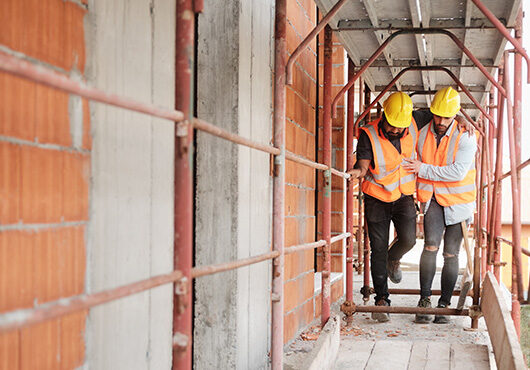Construction work is a risky job. Any time a construction worker is on-site, they are basically risking their lives because of the work’s dangerous nature. There have been reports of casualties on construction sites from all around the world. Indiana has one of the biggest industries of construction work in the United States.
According to the BLS (Bureau of Labor and Statistics), around 31 workers on construction sites suffered fatal injuries in the year of 2018. About 1,008 people died in construction accidents across the country. Visit Delventhal Law Office, LLC, to learn more about the stats of construction accidents.
Legal remedies for injured construction workers
In the majority of the cases, there are two legal remedies available for construction accidents. They are:
Filing a workers’ compensation claim
Worker’s compensation is an insurance system for employees who get injured at their job. The insurance system follows a “no-fault” rule, meaning it does not matter who was at fault for the injuries incurred; workers are allowed to file a worker’s compensation claim and receive insurance anyway.
Indiana law states that almost all kinds of businesses are supposed to carry worker’s compensation insurance, so if you work in Indiana, you are most likely covered under the insurance by default. In addition, apart from self-inflicted injuries, worker’s compensation insurance covers almost all kinds of injuries and illnesses as long as they result from the job.
The statute of limitation for filing a worker’s compensation claim is 30 days, so you need to make sure you notify your employer about your injury or injuries within 30 days of receiving them. Your employer submits a report to the worker’s compensation insurance company in 7 days once you have successfully notified them. Your employer provides you with a copy of the report as well.
The insurance company is allowed 29 days from the day of receiving the report to respond to the claim. They can either accept your claim or deny it based on their investigation.
Filing a third-party lawsuit
Since a worker’s compensation claim is an exclusive legal remedy, you are not legally allowed to sue your employer or coworker for your injury after you’ve filed a worker’s compensation claim. A third-party lawsuit comes in handy in this situation. If you were hurt by a third party (anyone other than your coworker and employer), you can file a third-party lawsuit against them and also claim a worker’s compensation insurance.
But, to file a third-party lawsuit, you must prove the other party was at fault, unlike a worker’s compensation claim.



